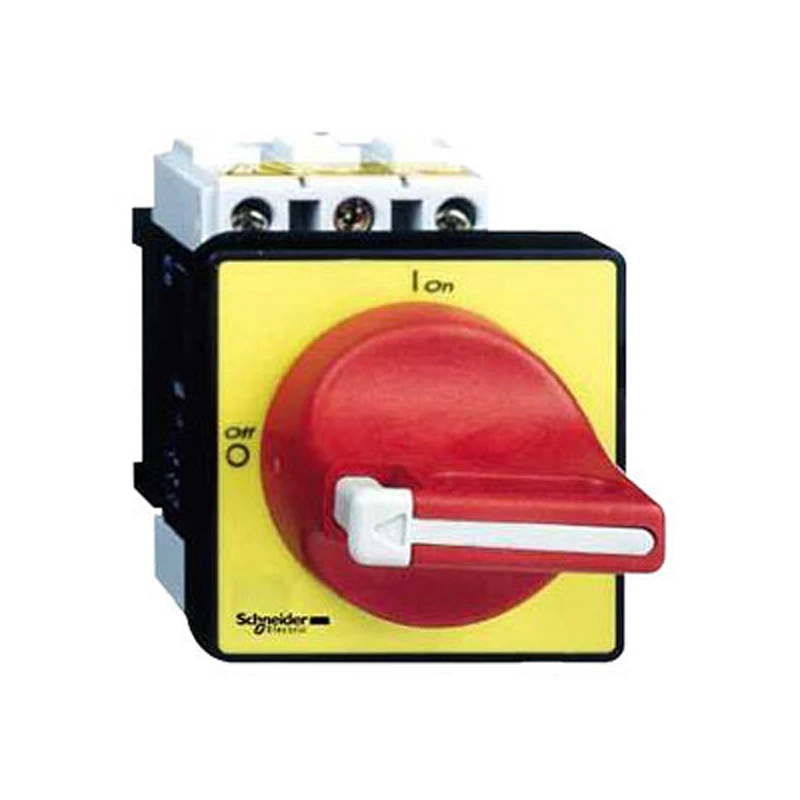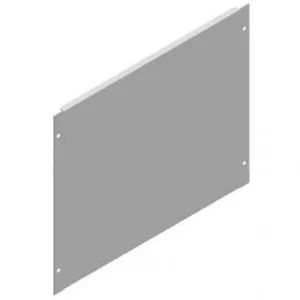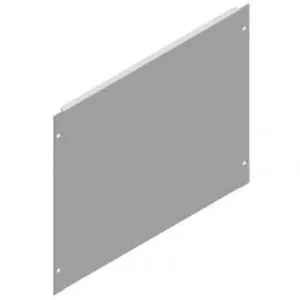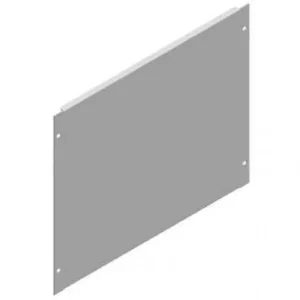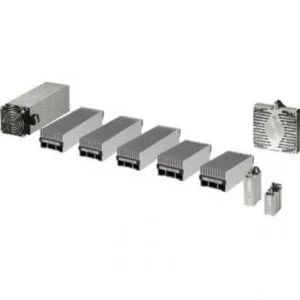Description
Detail
Schneider Electric VCF0 3 Pole 25A TeSys VARIO rotary switch disconnector with emergency stop control, extended handle and up to 3 padlocks. Composition of V0 switch body and red handle. Intermittent duty Class 30. Screw terminals power circuit 6mm² flexible and 10mm² solid connections. TC protective treatment and -25 to 50°C operating temperature. Conforms to IEC 60947-3.
- · Current Rating: 25A
- · Height: 60mm
- · Number of Poles: 3
- · Width: 60mm
- · Weight: 250g
- · IP Rating: IP20, IP65
- · Voltage: 690V
Specification
Number of auxiliary contacts as normally closed contact : 0
Suitable for ground mounting : No
Version as reversing switch : No
Suitable for intermediate mounting : No
Suitable for front mounting 4-hole : Yes
Voltage release optional : No
Suitable for distribution board installation : Yes
Suitable for front mounting centre : No
Motor drive optional : No
Interlockable : Yes
Version as maintenance-/service switch : No
Version as safety switch : No
Motor drive integrated : No
Version as main switch : Yes
Version as emergency stop installation : Yes
Rated operation power at AC-3, 400 V : 5.5 kW
Degree of protection (IP), front side : IP65
Rated operating voltage : 0 – 690 V
Rated operation power at AC-23, 400 V : 7.5 kW
Number of auxiliary contacts as normally open contact : 0
Number of auxiliary contacts as change-over contact : 0
Conditioned rated short-circuit current Iq : 10 kA
Max. rated operation voltage Ue AC : 690 V
Rated permanent current at AC-21, 400 V : 25 A
Rated permanent current Iu : 25 A
Number of poles : 3
Number of switches : 1
Rated short-time withstand current lcw : 0.3 kA
Colour control element : Red
Type of control element : Turn button
Type of electrical connection of main circuit : Screw connection
Device construction : Built-in device fixed built-in technique
